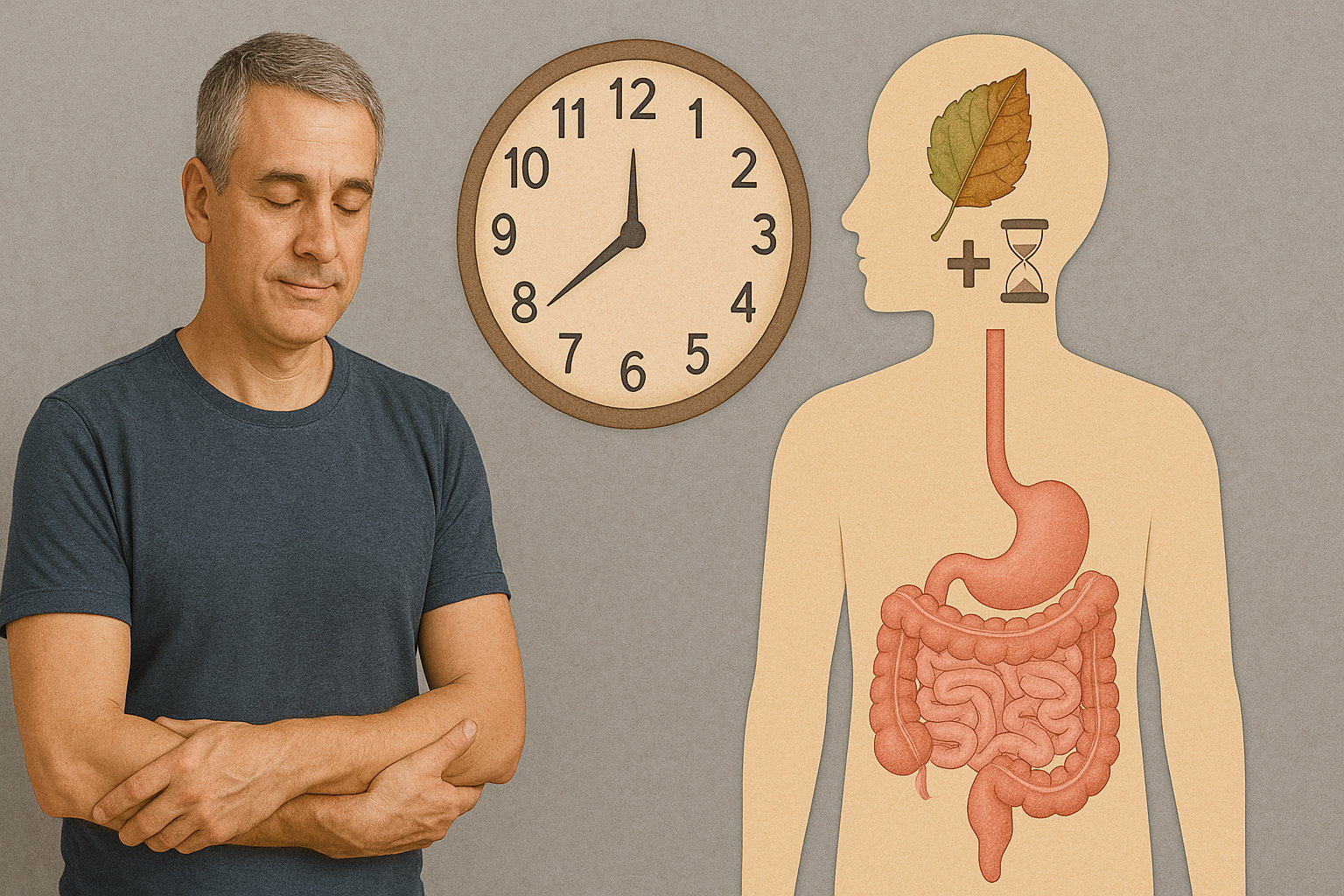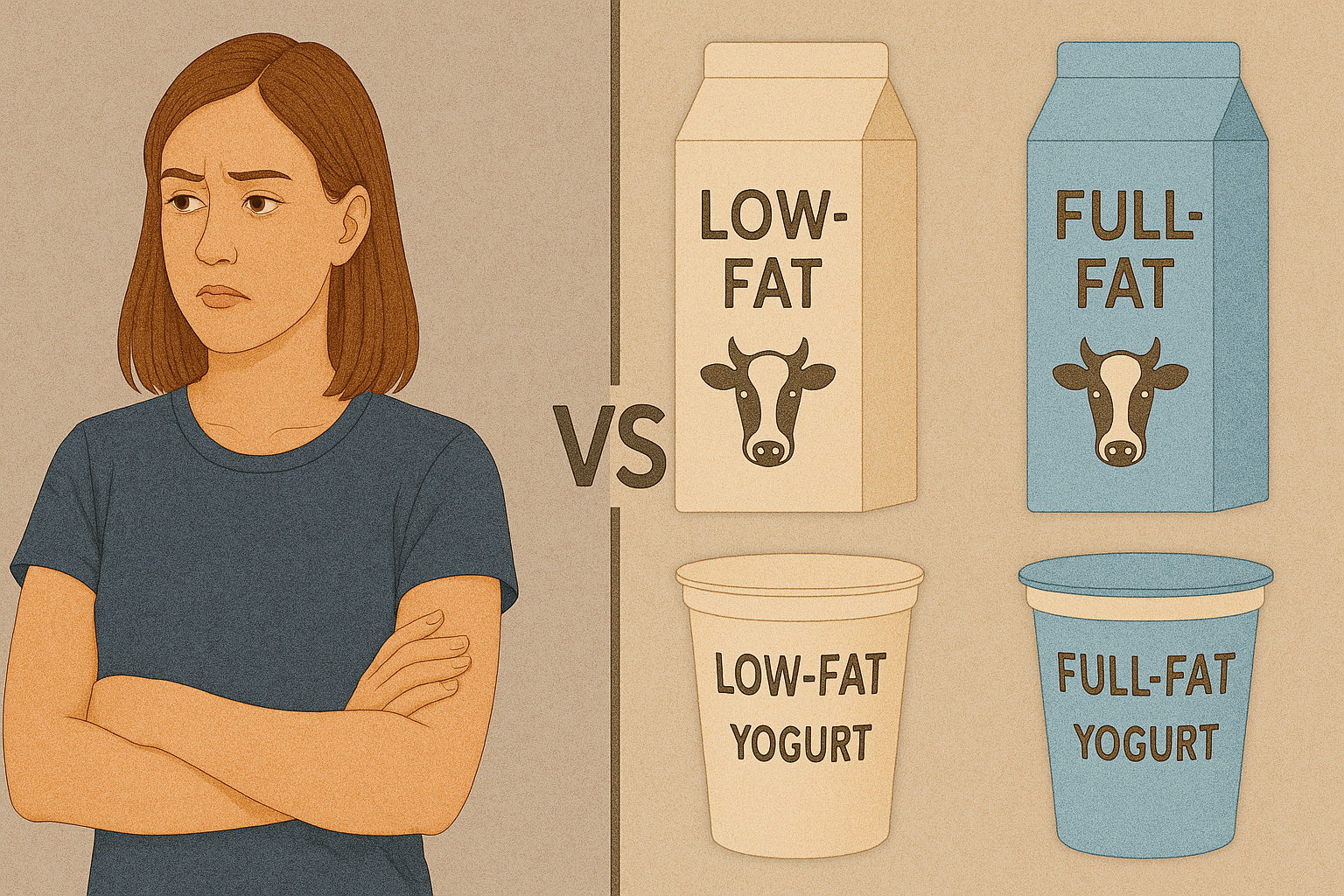Now Reading: Intermittent Fasting Improves Health and Extends Lifespan in Studies
-
01
Intermittent Fasting Improves Health and Extends Lifespan in Studies
Intermittent Fasting Improves Health and Extends Lifespan in Studies

Intermittent Fasting: Can Skipping Meals Help You Live Longer?
What if the secret to a longer, healthier life doesn’t lie in the newest supplement or workout fad—but simply in when you eat? That’s the question scientists have been exploring through studies on intermittent fasting, and the findings are pretty exciting.
Let’s break down what intermittent fasting is, what the science says about its benefits, and how it might help you live longer and feel better.
What Is Intermittent Fasting?
Intermittent fasting (IF) is not about the food you eat—it’s about when you eat. Instead of focusing on calorie counts or food groups, IF structures your eating pattern to include regular periods of fasting and eating.
There are several popular methods of intermittent fasting, including:
- 16/8 Method: Fasting for 16 hours a day and eating during an 8-hour window.
- 5:2 Diet: Eating normally for 5 days a week and reducing calorie intake to around 500–600 calories on the other 2 non-consecutive days.
- Alternate Day Fasting (ADF): Alternating fasting days with days of normal eating.
But why would skipping meals actually be good for you? Let’s find out.
How Intermittent Fasting Affects Your Body
When you fast, your body goes through a few important changes. Here’s what happens:
- Insulin levels drop, making it easier to burn fat.
- Cells start repair processes, including removing waste material.
- Hormones like norepinephrine increase, which can improve metabolism.
This state of fasting signals your body to become more efficient and stronger. It’s like a mini workout for your cells!
Short-Term Benefits
Many people who try intermittent fasting report feeling more energized and focused. This is because the body becomes less reliant on a constant stream of food for energy and starts to operate with more metabolic flexibility.
Long-Term Health Impact
Now here’s where things get even more interesting. Research done on animals—and increasingly in humans—shows that intermittent fasting may:
- Improve heart health by reducing blood pressure and cholesterol
- Increase lifespan by improving cellular health and reducing inflammation
- Potentially delay the onset of age-related diseases like Alzheimer’s and Parkinson’s
What the Science Says
In a comprehensive review published in the journal New England Journal of Medicine, scientists explored over two decades of research—including meals skipped by mice and monkeys. And guess what? They found remarkable improvements in health and lifespan across the board.
Here’s a quick breakdown of the effects of intermittent fasting seen in animal studies:
| Organism | Fasting Method | Observed Benefits |
|---|---|---|
| Mice | Every-other-day fasting | 30-40% longer lifespan, improved memory |
| Monkeys | Time-restricted feeding | Reduced risk of diabetes, heart disease, and cancer |
And humans aren’t being left out of the conversation either. Clinical trials are showing promising results in people as well.
Why It Might Help You Live Longer
Your body is like a machine. Overuse it without rest, and things start to wear down. Intermittent fasting gives your body time to repair and reset. That’s especially important for things like lowering oxidative stress and improving mitochondrial function—which are both linked with aging and disease.
Think of it this way: Just like rebooting your computer helps it run more smoothly, fasting allows your body to bounce back powered up.
Anecdote: My First Experience with IF
I still remember my first week trying the 16/8 method. At first, skipping breakfast felt strange. But to my surprise, I felt alert and even less hungry throughout the day. I lost a couple of pounds without even trying. I wasn’t dieting—I was just eating within a shorter window.
Is Intermittent Fasting Safe?
For most healthy adults, intermittent fasting is safe. But there are a few groups who should exercise caution or consult a healthcare provider:
- People with diabetes
- Pregnant or breastfeeding women
- Those with a history of eating disorders
If you’re already on medication or have underlying health issues, always check in with your doctor before making big dietary changes.
Tips to Get Started
Thinking of giving intermittent fasting a try? Here are a few tips to get you started successfully:
- Pick a method that fits your lifestyle—whether it’s 16/8 or 5:2, consistency matters.
- Stay hydrated during fasting periods—water, black coffee, and tea are your best friends.
- Break your fast with wholesome foods like fruits, proteins, and whole grains—avoid junk food binges!
- Be patient—your body might need some time to adjust to this new rhythm.
Conclusion: Skipping Meals the Smart Way
Intermittent fasting is more than just a diet trend—it’s a shift in how we think about eating. Whether you’re looking to lose weight, improve your energy, or possibly extend your life, intermittent fasting might be worth exploring.
Remember, you don’t need to go hungry to be healthy—you just need to be smart and purposeful about when you eat.









